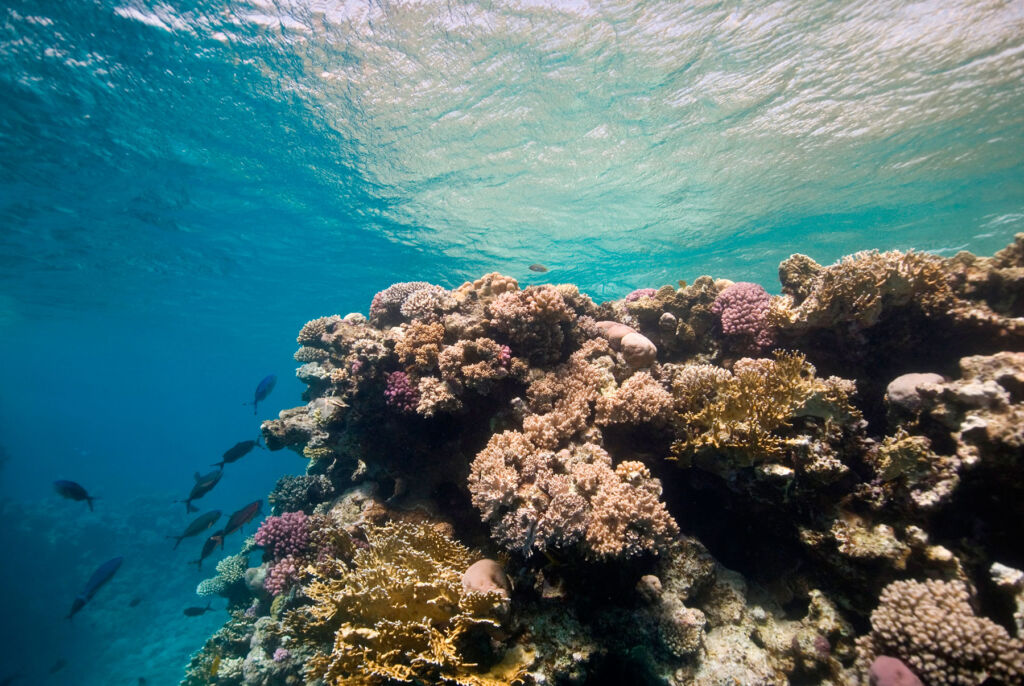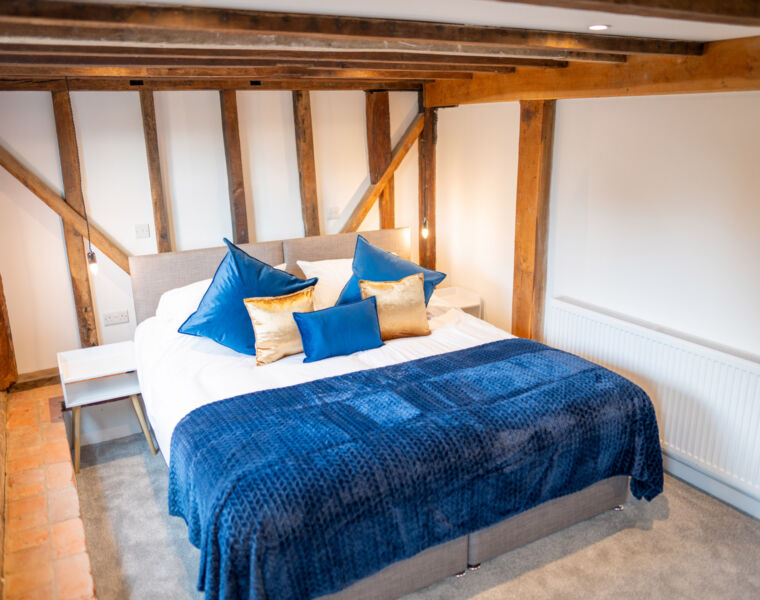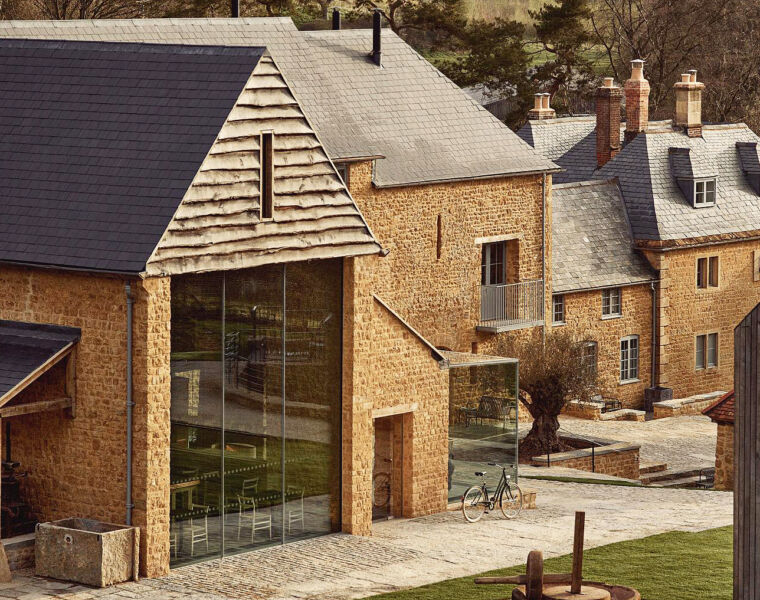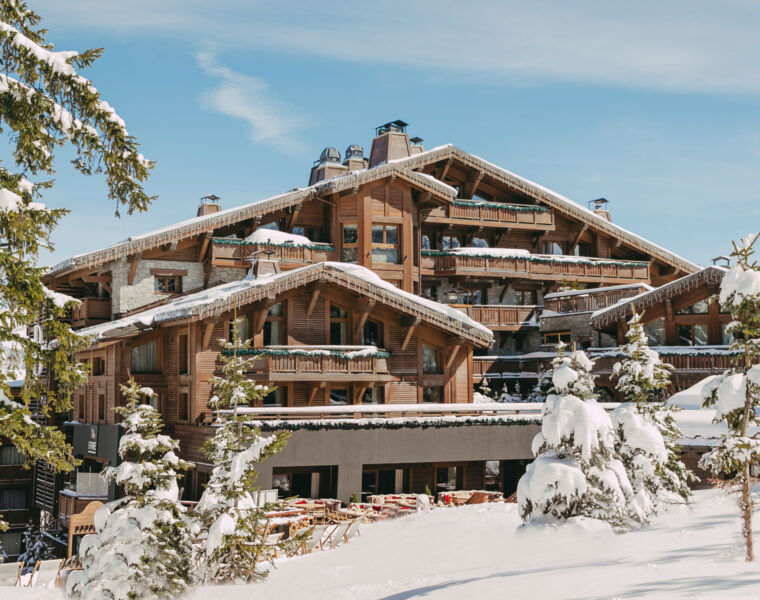
In partnership with the NGO Reef Conservation and the European Union (EU), Beachcomber Resorts & Hotels has initiated a coral restoration and preservation programme: Land Based Coral Culture for Restoration, Conservation and Education.
The programme’s official launch took place on Friday, 21 June 2024, at Paradis Beachcomber Golf Resort & Spa, in the presence of the EU Ambassador, His Excellency Oskar Benedikt, the Chairman of Reef Conservation, François Rogers, and the CEO of Beachcomber Group, Stéphane Poupinel de Valencé. This initiative involves creating a land-based coral nursery and setting up an educational space to raise awareness about marine biodiversity protection.
The coral sanctuary project at Paradis Beachcomber Golf Resort & Spa arose from worrying observations. Mauritius has a lagoon of 243 km2, which is protected by 150 m of reefs. It is home to 159 coral varieties and 340 fish species.
These coral beds are now severely degraded and threatened, largely due to bleaching events linked to adverse weather conditions in 1998, 2003, 2004, 2009, 2016, and 2018. Live coral cover around the island has decreased from 50% in 2002 to about 20% in 2018. Recent studies also indicate that several coral species have become rare and are threatened with local extinction.
To address this situation and help reverse the trend, the Land Based Coral Culture for Restoration, Conservation and Education initiative aims to achieve four objectives: establish a coral inventory, create a sanctuary for these marine organisms, develop an educational centre, and create Voluntary Marine Conservation Zones to protect biodiversity.
The five-year project will be carried out in three phases. The first stage will involve creating a comprehensive coral inventory and identifying the most suitable areas for restoration. The second stage will include setting up a coral nursery at Paradis Beachcomber to cultivate rare corals before transplanting them onto natural reefs. Construction of the nursery will begin early next year and will be operational by 2026.
The goal is to produce enough corals to restore at least 0.8 hectares of reefs over the next four years. The third component incorporates an educational dimension, with a centre at Paradis Beachcomber to raise awareness among communities and the public about the importance of coral reef systems.
The centre will welcome hotel staff, guests, and local residents for awareness workshops on the importance of reefs.
The Chairman of Reef Conservation is delighted with this coral sanctuary project supported by the EU and Beachcomber.
“The project will be highly beneficial for coral repopulation and will also play an important educational role, with the planned creation of a centre that will welcome schoolchildren, the local community and tourists for awareness-raising workshops on the importance of corals in the marine ecosystem, including their essential role in protecting against erosion,” said François Rogers.
The EU Ambassador stressed that protecting the environment and combating the adverse effects of climate change are among the priorities of the partnership between the European Union and Mauritius.
“Taking action to protect the environment and combat the effects of climate change is one of the priorities of our partnership with Mauritius. We are working alongside the Mauritian authorities to develop and implement environmental policies. In Mauritius, the European Union also provides substantial support for local initiatives implemented by civil society. Mauritian NGOs do remarkable work and are driven by committed, passionate individuals with excellent environmental expertise.
Our financial support enables them to carry out numerous activities to protect biodiversity and restore terrestrial and marine ecosystems, as well as raise awareness among young people and mobilise local communities. I’m also pleased to see the private sector contributing to these local initiatives,” emphasised His Excellency Oskar Benedikt.
![]()




You must be logged in to post a comment.